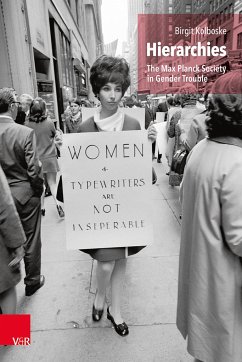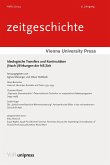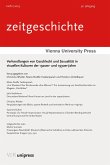The Max Planck Society (MPG), one of the most successful research institutions worldwide, serves as a prime example of the German science system, in which hierarchies and relations of dependency play a major role. This body stands center stage in the present book, which analyzes processes of socio-cultural and structural transformation at the MPG during the first fifty years of its existence-from the non-transparent interdependencies typical of informal networks to a modern research institution geared towards gender equality policy. Two women's working worlds within this research organization are analyzed through a cultural history and history-of-science lens. One of them, science, was long closed to all but a tiny number of women. The other was the office, where most women in this context worked most of the time. What promoted female scientific careers at the MPG, what obstructed them, and what role did the »Harnack Principle,« the MPG's own structural principle of the personality-centered organization of research, play in these processes?The book also foregrounds the negotiation of gender equality processes beginning in the late 1980s, which helped break down the traditional gender order and trigger a cultural shift at the Max Planck Society.
Bitte wählen Sie Ihr Anliegen aus.
Rechnungen
Retourenschein anfordern
Bestellstatus
Storno








